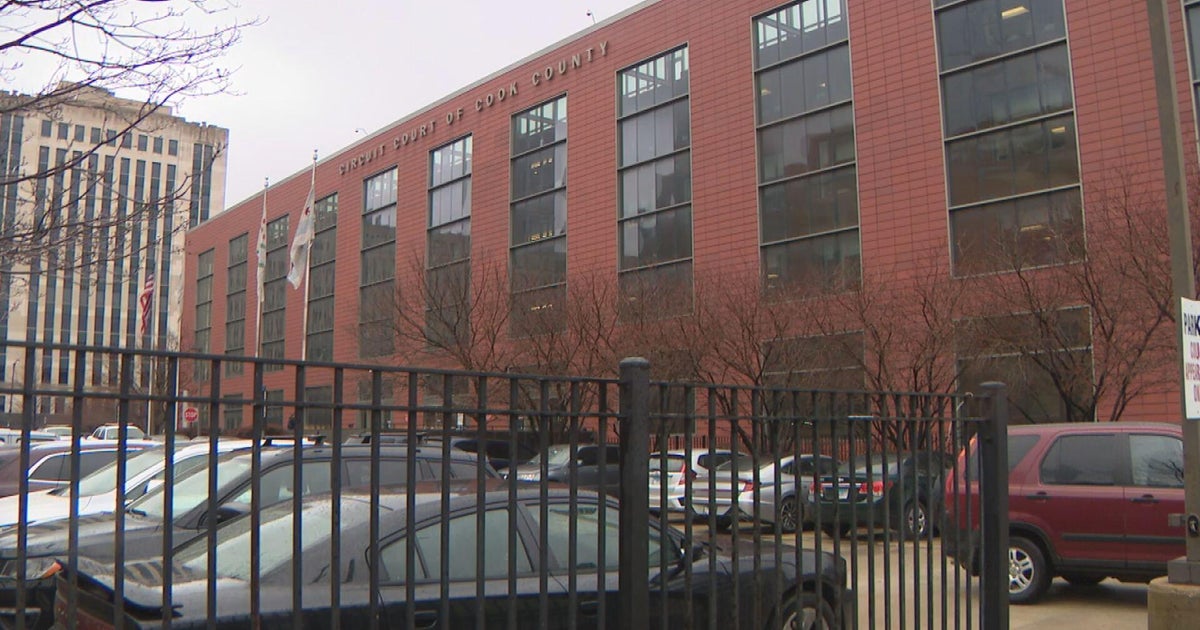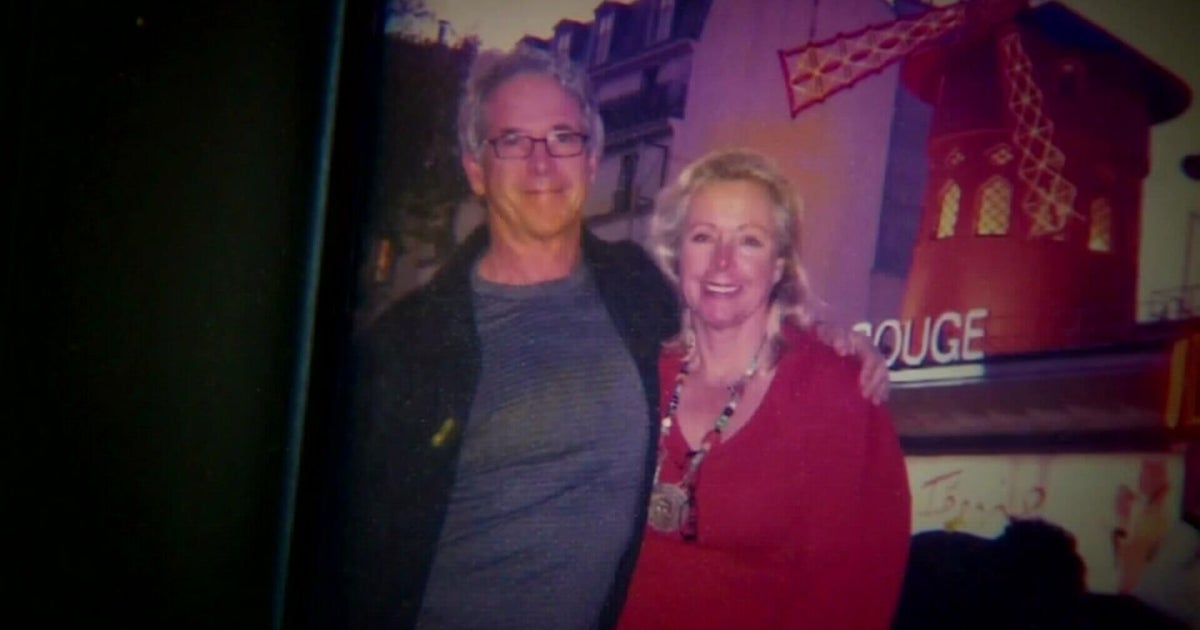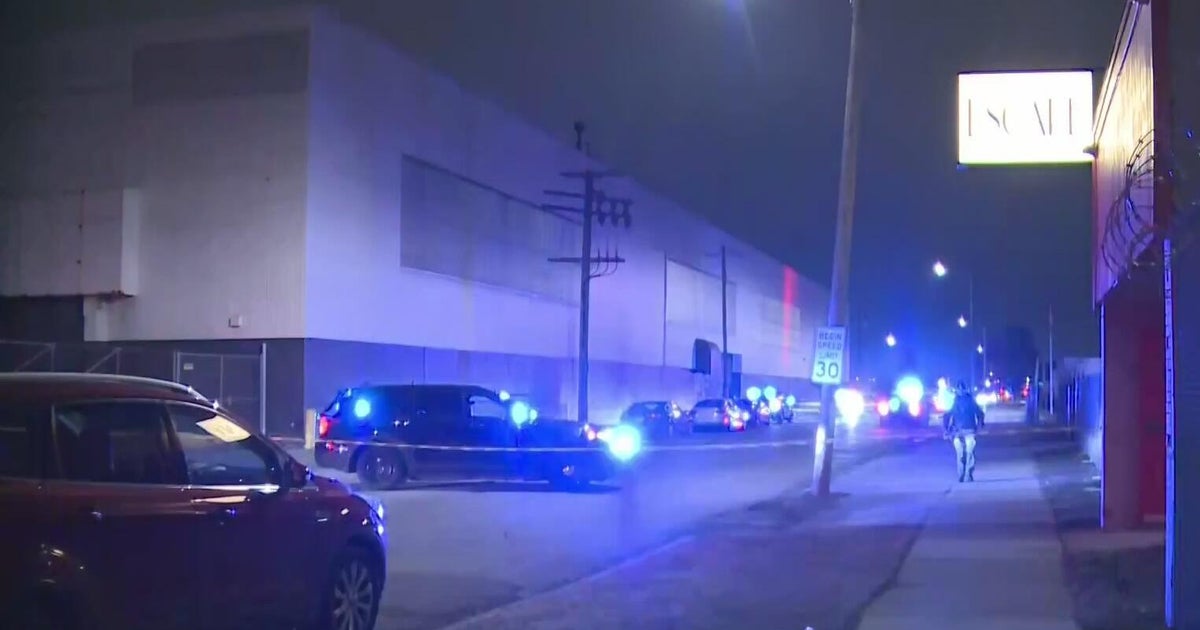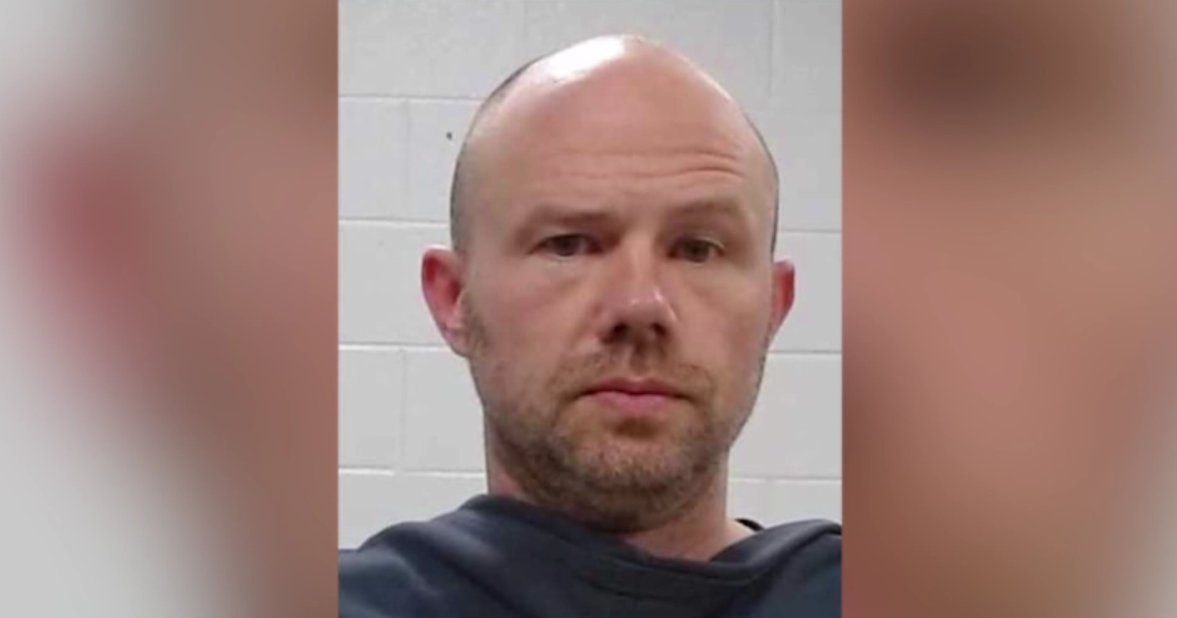Experts Sound Alarm On 'Stalkerware,' Which Can Easily Be Downloaded On Your Phone Without You Knowing
NEW YORK (CBSNewYork) -- As we recognize October as Domestic Violence Awareness Month, we want to shed light on a type of abuse that many don't even realize is such a problem.
It's a tool readily available to any abuser and very difficult for victims to detect.
CBS2's Jessica Layton has more on the dangers of cyberstalking and how you can protect yourself.
It's so simple, it's scary -- software that allows a stalker to secretly spy through an unsuspecting person's cellphone without their consent.
Experts say "Stalkerware" use is rapidly on the rise, increasing 60% from September 2020 to May 2021.
"Unfortunately, it has been on the increase from being a few hundred apps available in the marketplace," said Tony Anscombe of ESET Internet Security.
The concept may have started with decent intentions -- parents installing apps to keep tabs on their kids. But as Anscombe explained, it has turned into an industry where a stalker can track a victim's every move, without them ever realizing it.
"These apps can key log, so they can see every key stroke on your device. They can extract all the information from your contacts, your messages, your email," Anscombe said.
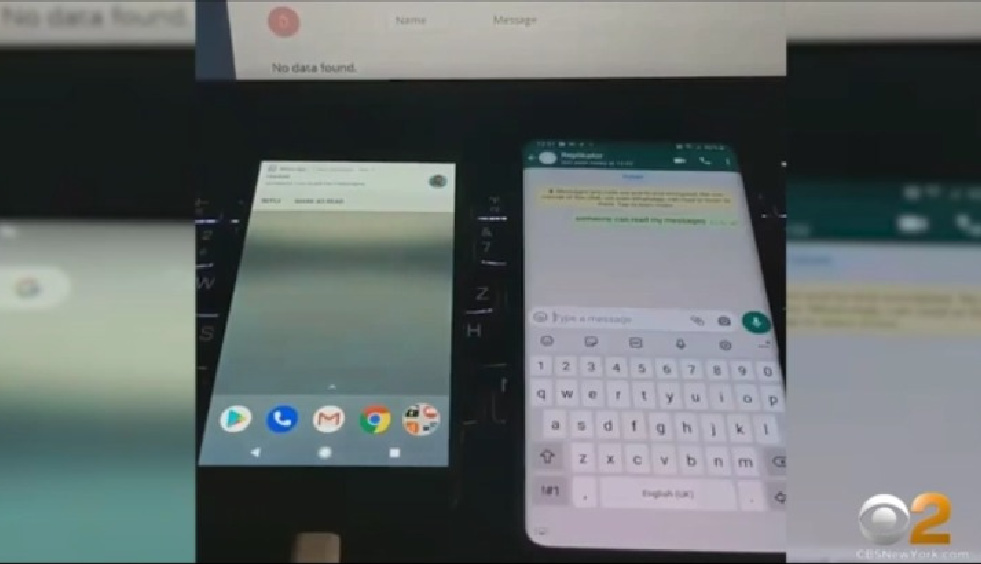 (Photo: CBS2)
(Photo: CBS2)
The dangerous app disguises itself as something that is an important function of the operating device on the phone, and it only takes minutes to install. So in the time it takes a person to get up and use the bathroom, take a shower or make a snack, their partner may already have them under surveillance.
Experts showed Layton how easy it is to intercept data once the app is on a phone. Groups like Coalition Against Stalkerware also share warning videos, explaining this is seen most often in cases of domestic abuse.
"When someone is controlling all these aspects of your personal information you have to worry about what they have access to. I know that was a concern for me," domestic violence survivor Heather Glogolich said.
Glogolich, a police lieutenant in New Jersey, understands in many ways how hijacking a personal devices is just one way an abuser exercises control over a victim.
"I couldn't leave my phone down without my ex-husband looking through it," Glogolich said.
"So technology plays a big role in trapping victims and keeping them in that abusive relationship," survivor Neisha Himes added.
Himes didn't know the dangers of digital abuse when she was trying to leave a toxic relationship, but she has since dedicated her life to helping other victims. She said she now sees it almost every day.
"If they have a phone that maybe the offender purchased for them, we have to tell them, 'OK, let's get you a new phone,'" Himes said.
Glogolich and Himes are supporters of a program developed by Sheri Kurdakul, the CEO of Victim's Voice. It's a web-based app that gives power to the victim, allowing him or her to document cases of abuse in real time on their device to present to the courts. They're taken through a series of guided questions vetted by prosecutors and the answers are encrypted and stored in a secure server.
"It's a progressive web app, which means there's nothing to download. You won't find us in any app store. That also means there's no dangerous icons on sitting on your phone and there's no trigger such as a receipt that you downloaded the app," Kurdakul said. "A lot of victims' emails and such are being tracked and monitored all the time."
That kind of awareness and privacy is paramount. That's why even just knowing there could be Stalkerware on your phone is the first step to protecting yourself.
Low battery life, high data usage and slow performance on your phone may also be red flags, yet sometimes intuition is the best indicator that your personal device isn't so private.
So if you suspect you're being stalked through technology, get expert help. Take the phone to a tech company so they can run programs to check it for you. And also, get police involved.
Experts say never try to delete the app yourself. The abuser will get notified and that could put a person in an even more dangerous situation.
CBS2's Jessica Layton contributed to this report.
